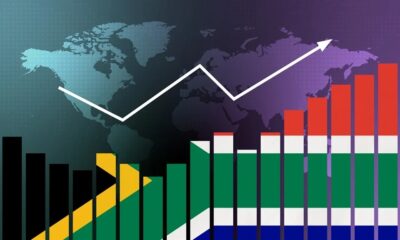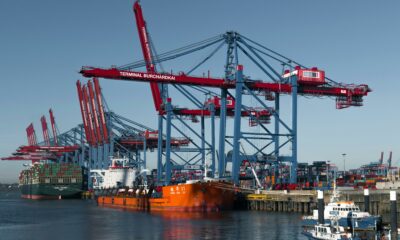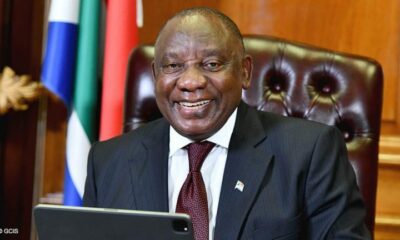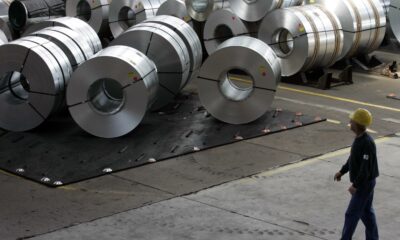One in Five Drinks Sold in South Africa is Illegal and it Could Kill You.
A quiet but deadly crisis is brewing across South Africa. It’s not just about illegal trade or unpaid taxes — it’s about dangerous, unregulated booze making its way into homes, shebeens and shops across the country. And it’s costing lives.
Recent research by the Drinks Federation of South Africa, conducted by Euromonitor International, has exposed a troubling trend: the volume of illicit alcohol in the country has jumped 55% since 2017. In 2024 alone, nearly 773,000 hectolitres of pure alcohol — almost 20% of the market — was sold under the radar, far from the eyes of health inspectors and tax officials.
That black market now holds an estimated value of R25 billion. But while the economic cost is huge, the human toll is even more devastating.
Alcohol that Kills
Fake or smuggled alcohol isn’t just shady — it’s deadly. These products are often produced in unhygienic conditions and can contain toxic substances like methanol, a known killer. Some have such high levels of ethanol they can cause blindness, brain damage, or worse.
In a national survey of 707 adults, 83% said they were concerned about the health risks of illicit alcohol. Almost half knew someone who had been harmed by it, and 29% said they personally knew someone who had died.
That’s not just a public health red flag. It’s a siren.
What We’re Losing
Aside from the direct threat to life, the illicit alcohol trade is stripping away billions in tax revenue. In 2024, an estimated R16.5 billion in VAT and excise tax was lost — money that could have gone into schools, hospitals or critical infrastructure.
And while the legal alcohol industry operates under strict rules that ensure safety, quality, and responsible marketing, the black market answers to no one. It undermines job creation, puts compliant traders out of business, and leaves law enforcement scrambling to play catch-up.
TikTokers call it “Booze Roulette”
The problem is making its way onto social media too. On TikTok and Facebook, some users joke about “Booze Roulette” — where cheap, unlabelled alcohol sold in plastic bottles either gets you tipsy or gets you hospitalised. It’s a chilling sign of how normalised this crisis has become in some communities.
Others are calling for more education around spotting fake alcohol, with videos showing how to identify missing health warnings, sketchy packaging, or suspicious smells.
It’s Not Just About Cracking Down
Yes, police raids and customs checks matter. But according to the Drinks Federation, enforcement alone won’t fix this. The solution needs a full-spectrum approach:
-
Educate the public to make safer, informed choices
-
Empower small legal traders and township businesses to grow through compliance
-
Coordinate across government departments to stop supply chains at the source
-
Raise awareness about the real dangers of illicit alcohol, beyond the headlines
We All Have a Role to Play
This isn’t just a problem for government. It’s a challenge for every sector — from SAPS and SARS, to industry leaders, NGOs, and community groups.
The Drinks Federation says it’s ready to collaborate and drive action from this data. But unless society as a whole steps in, the black market will keep thriving.
In the end, it’s about protecting lives, creating jobs, and ensuring that when South Africans raise a glass, they know it’s safe.
Want to Help?
Support local, legal liquor traders. Report suspicious sales. And share verified information with your friends and family.
Because one drink shouldn’t cost a life.




























